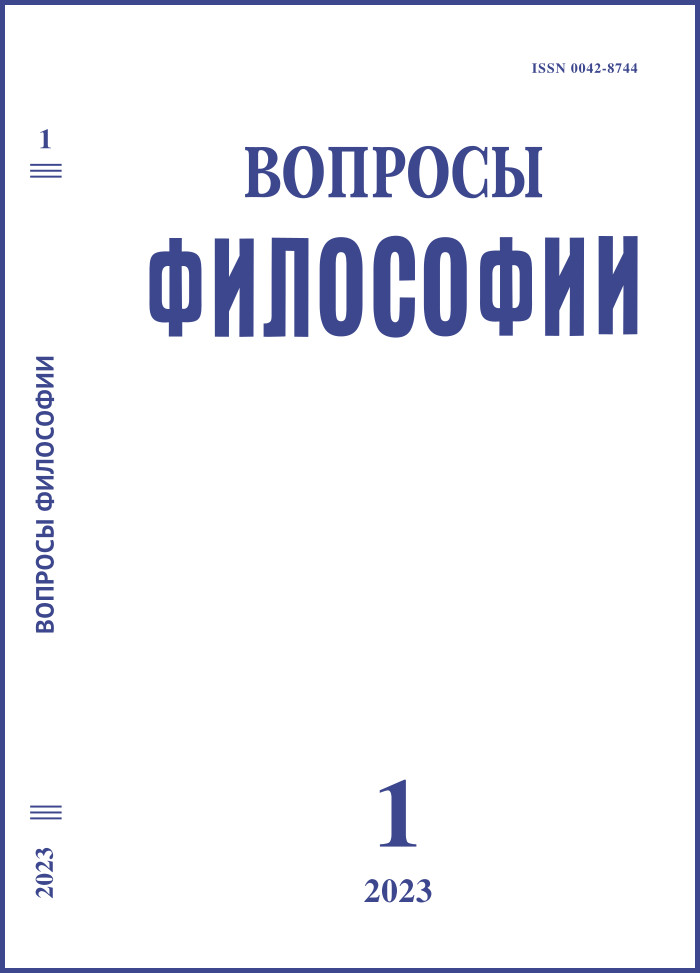Ontology of Musical Meaning
DOI:
https://doi.org/10.21146/0042-8744-2023-1-52-62Keywords:
ontology of music, phenomenology of music, musical meaning, musical idea, language, intentional object, ideal object, world three, E. Husserl, R. Ingarden, M. Bonfeld.Abstract
The article deals with the study of the phenomenon of musical meaning. What does it mean to understand music? It means to grasp some musical meaning. This meaning is purely musical. The article provides a rationale for the fact that music is not a language. Language is “transparent”: in communication, its properties do not attract special attention. Music draws attention to itself. It does not describe emotions, but directly evokes them. Its conventionality is negligible. The article gives examples of musical works performed in different ways, differently arranged, differently interpreted, translated from one key to another, and everywhere the question is raised, what is the musical meaning of the work. The answer is proposed: it consists in the drawing of a motif, conveying a sequence of intervals and rhythm. A freer musical idea, which consists in a certain structure of a sequence of intervals is also considered. Based on these considerations, the question is raised, what is the nature of musical meaning. Music is certainly an intentional subject. At the same time, the musical meaning has an ideal character, similar to the character of mathematics and logic. Actually, to understand the musical motive means to understand the “logic” of its development. R. Ingarden believes that a musical piece is not ideal, because it appears at a certain moment. I point out that mathematical entities are also discovered at a certain point in history, but they are ideal. A connection is being made with the “world three” of K. Popper. The concept of inner music is proposed. Thus, musical meaning is both intentional, personal, and ideal, common to all people.

